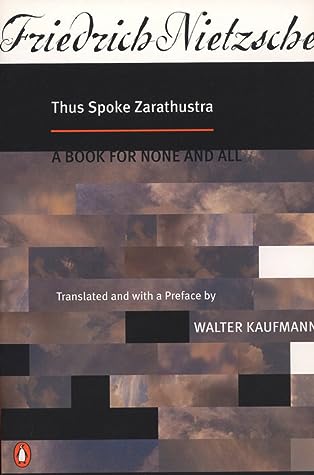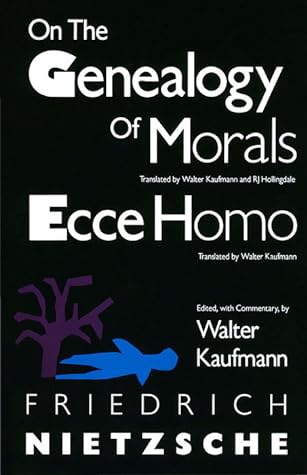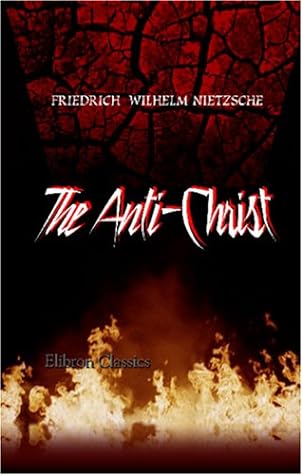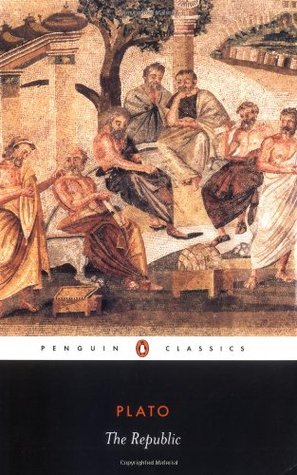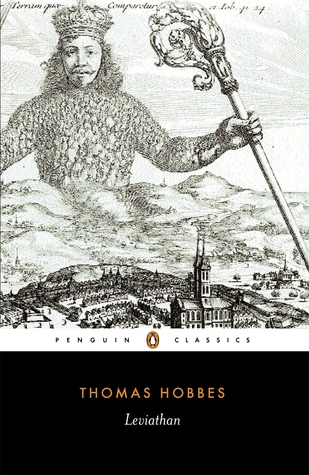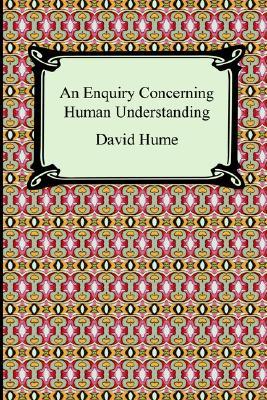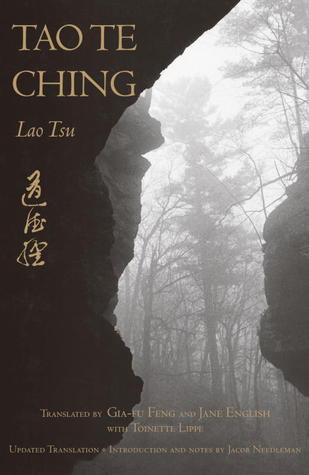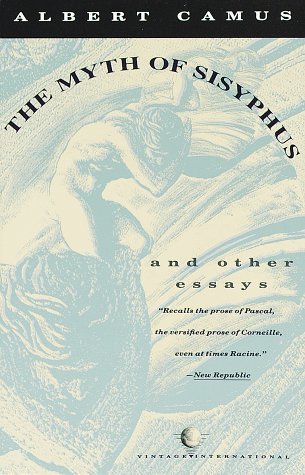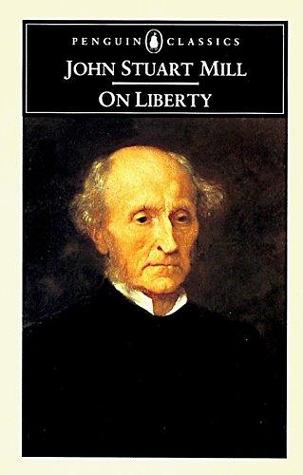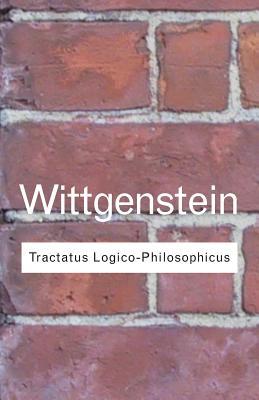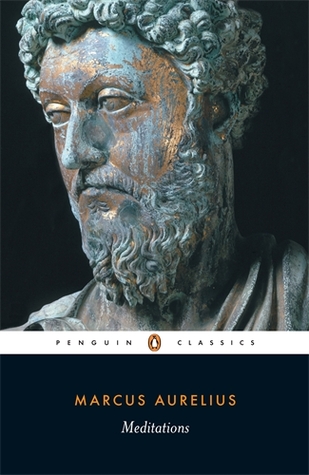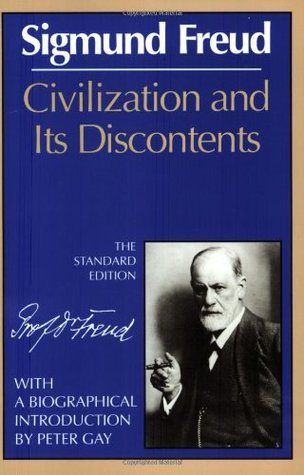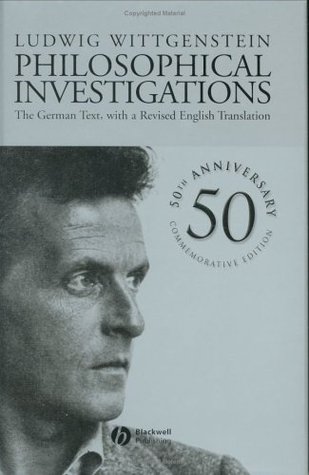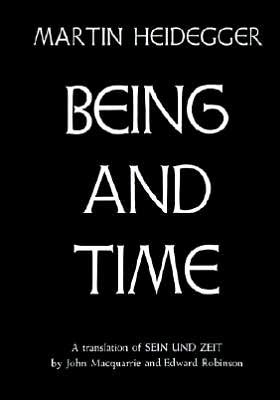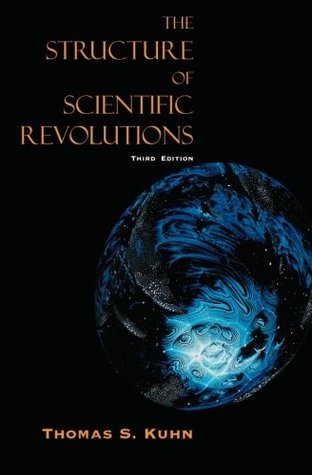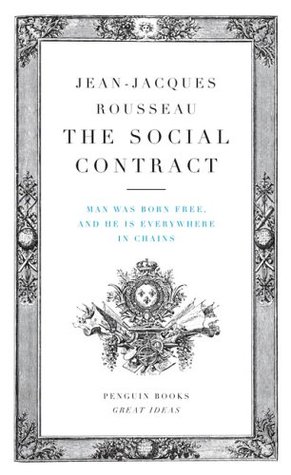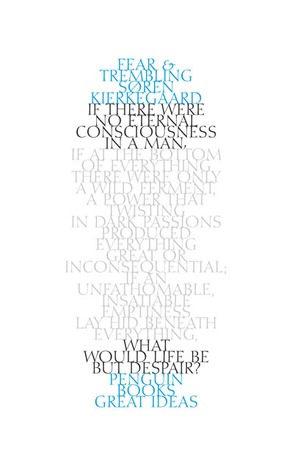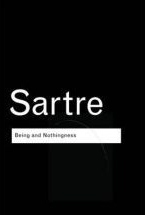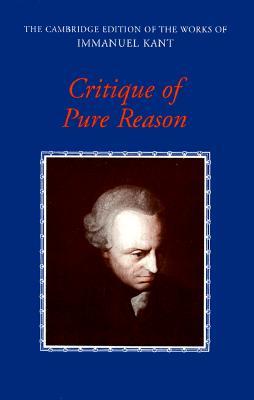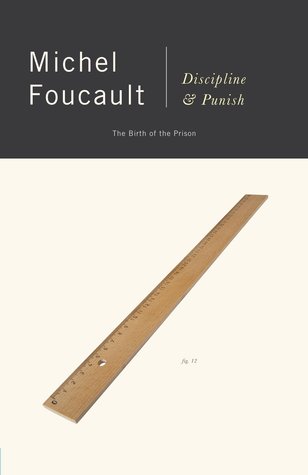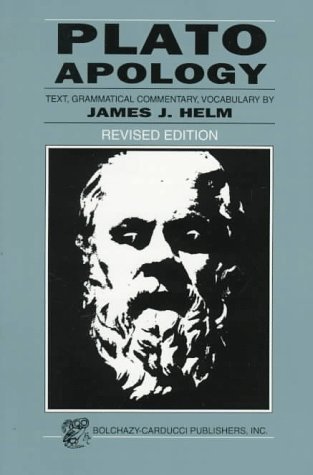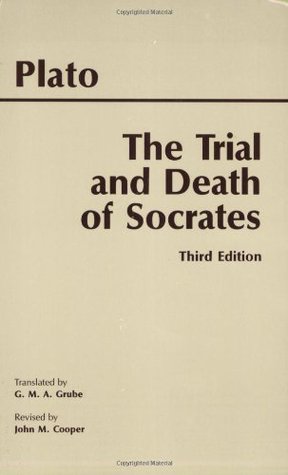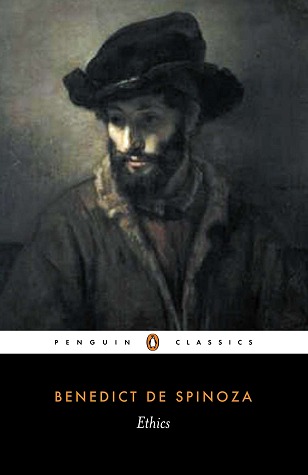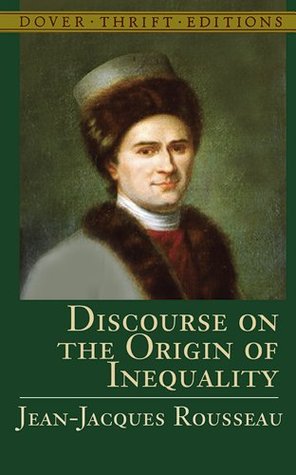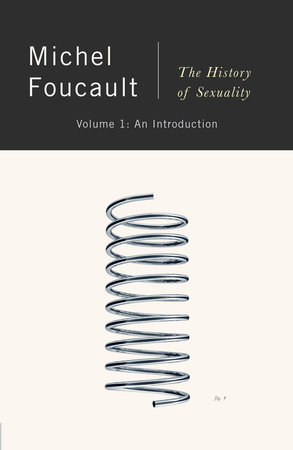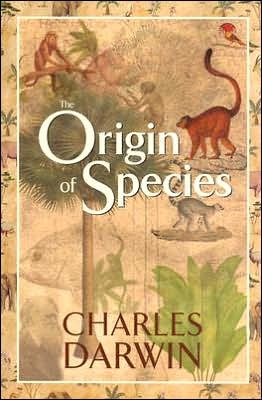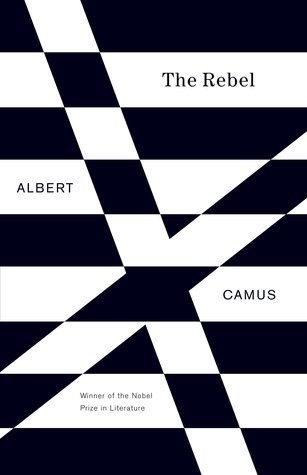Powered by a book like {foo}
Recommendations based on Beyond Good and Evilby Friedrich Nietzsche
* statistically, based on millions of data-points provided by fellow humans
Thus Spoke Zarathustra
by Friedrich Nietzsche
A philosophical treatise exploring morality, religion, and the meaning of life.
On the Genealogy of Morals / Ecce Homo
by Friedrich Nietzsche
Philosophical examination of power, morality, and the history of human values.
The Genealogy of Morals consists of three essays exploring morality and its origins where Nietzsche makes ample use of his training as a philologist. These works contain Nietzsche's most thorough and ... (Goodreads)
The Anti-Christ
by Friedrich Nietzsche
An exploration of morality and its relationship to religion, with a focus on the concept of nihilism.
The reference to the Antichrist is not intended to refer to the biblical Antichrist but is rather an attack on the "slave morality" and apathy of Western Christianity. Nietzsche's basic claim is that ... (Goodreads)
The Prince
by Niccolò Machiavelli
A timeless political treatise on the art of acquiring and maintaining power.
Machiavelli needs to be looked at as he really was. Hence: Can Machiavelli, who makes the following observations, be Machiavellian as we understand the disparaging term? 1. So it is that to know the ... (Goodreads)
The Republic
by Plato
A philosophical discourse on justice, examining morality, politics, and virtue.
Presented in the form of a dialogue between Socrates and three different interlocutors, this classic text is an enquiry into the notion of a perfect community and the ideal individual within it. ... (Goodreads)
Leviathan
by Thomas Hobbes
Philosophical exploration of the nature of power and justice in a state of nature.
'The life of man, solitary, poore, nasty, brutish, and short' Written during the chaos of the English Civil War, Thomas Hobbes' Leviathan asks how, in a world of violence and horror, can we stop ... (Goodreads)
An Enquiry Concerning Human Understanding
by David Hume
Analysis of the nature of human understanding, challenging existing philosophical and religious beliefs.
An Enquiry Concerning Human Understanding, is a book by the Scottish empiricist philosopher David Hume , published in English in 1748. , It was a revision of an earlier effort, Hume's A Treatise of ... (Wikipedia)
Tao Te Ching
by Lao Tzu
A collection of wise sayings and reflections on the nature of existence.
A lucid translation of the well-known Taoist classic by a leading scholar-now in a Shambhala Pocket Library edition. Written more than two thousand years ago, the Tao Teh Ching , or -The Classic of ... (Goodreads)
The Myth of Sisyphus and Other Essays
by Albert Camus
Philosophical essays on the absurd human condition, questioning the value of life.
One of the most influential works of this century, this is a crucial exposition of existentialist thought. Influenced by works such as Don Juan, and the novels of Kafka, these essays begin with a ... (Goodreads)
On Liberty
by John Stuart Mill
Exploration of freedom of thought and expression, and the importance of individual rights.
Alternate cover edition of ISBN 9780140432077 Published in 1859, John Stuart Mill's On Liberty presented one of the most eloquent defenses of individual freedom in nineteenth-century social and ... (Goodreads)
Tractatus Logico-Philosophicus
by Ludwig Wittgenstein
A philosophical treatise on language, logic, and the limits of human understanding.
Perhaps the most important work of philosophy written in the twentieth century, Tractatus Logico-Philosophicus was the only philosophical work that Ludwig Wittgenstein published during his life. ... (Goodreads)
Meditations
by Marcus Aurelius
Reflections on Stoic philosophy, exploring the nature of existence and how to live life.
Written in Greek by the only Roman emperor who was also a philosopher, without any intention of publication, the Meditations of Marcus Aurelius offer a remarkable series of challenging spiritual ... (Goodreads)
Civilization and Its Discontents
by Sigmund Freud
Exploration of the psychological underpinnings of human civilization and its discontents.
It stands as a brilliant summary of the views on culture from a psychoanalytic perspective that he had been developing since the turn of the century. It is both witness and tribute to the late theory ... (Goodreads)
Philosophical Investigations
by Ludwig Wittgenstein
Wittgenstein's exploration of language and meaning, challenging traditional philosophical concepts and proposing new ways of understanding language games.
Philosophical Investigations, ( German : Philosophische Untersuchungen ) is a work by the philosopher Ludwig Wittgenstein . The book was published posthumously in 1953. Wittgenstein discusses ... (Wikipedia)
Being and Time
by Martin Heidegger
Exploration of the basic questions of existence, re-examining the fundamentals of philosophy.
One of the most important philosophical works of our time, a work that has had tremendous influence on philosophy, literature, and psychology, and has literally changed the intellectual map of the ... (Goodreads)
The Structure of Scientific Revolutions
by Thomas S. Kuhn
An analysis of how scientific progress is made, and the role of paradigms and paradigmatic shifts.
A good book may have the power to change the way we see the world, but a great book actually becomes part of our daily consciousness, pervading our thinking to the point that we take it for granted, ... (Goodreads)
The Social Contract
by Jean-Jacques Rousseau
Exploration of the relationship between a government and its citizens, and the rights of individuals.
"Man is born free; and everywhere he is in chains." These are the famous opening words of a treatise that has not ceased to stir vigorous debate since its first publication in 1762. Rejecting the ... (Goodreads)
Fear and Trembling
by Søren Kierkegaard
Philosophical essay exploring the importance of faith, and the human struggle for faith.
Soren Kierkegaard was a Danish philosopher, theologian, and religious author interested in human psychology. He is regarded as a leading pioneer of existentialism and one of the greatest philosophers ... (Goodreads)
Being and Nothingness
by Jean-Paul Sartre
Philosophical exploration of the nature of being and consciousness.
Being & Nothingness is without doubt one of the most significant philosophical books of the 20th century. The central work by one of the century's most influential thinkers, it altered the course of ... (Goodreads)
Critique of Pure Reason
by Immanuel Kant
Exploration of the limits of human reason and its limitations in understanding nature.
'The purpose of this critique of pure speculative reason consists in the attempt to change the old procedure of metaphysics and to bring about a complete revolution', Kant's Critique of Pure Reason ... (Goodreads)
Discipline and Punish: The Birth of the Prison
by Michel Foucault
Examines the emergence of the modern prison system and its effects on society.
Librarian note: an alternate cover for this edition can be found, here,. Barely two hundred and fifty years ago a man condemned of attempting to assassinate the King of France was drawn and quartered ... (Goodreads)
The Trial and Death of Socrates
by Plato
A philosophical dialogue into the life and death of the philosopher Socrates.
Plato is among the most influential philosophers of all time. Along with his teacher Socrates and his pupil Aristotle, he can be said to have laid the foundations for Western philosophy, science and ... (Goodreads)
Ethics
by Baruch Spinoza
Exploration of morality and the laws of nature, framed in a rationalist argument.
Published shortly after his death, the Ethics is undoubtedly Spinoza's greatest work - an elegant, fully cohesive cosmology derived from first principles, providing a coherent picture of reality, and ... (Goodreads)
The Nicomachean Ethics
by Aristotle
An exploration of virtue and morality, providing guidance on how to live a good life.
‘One swallow does not make a summer; neither does one day. Similarly neither can one day, or a brief space of time, make a man blessed and happy’ In the Nicomachean Ethics , Aristotle sets out to ... (Goodreads)
Discourse on the Origin of Inequality
by Jean-Jacques Rousseau
An exploration of the origins of inequality between humans, and its effects on society.
If humans are benevolent by nature, how do societies become corrupt? And how do governments founded upon the defense of individual rights degenerate into tyranny? These are the questions addressed by ... (Goodreads)
The History of Sexuality, Volume 1: An Introduction
by Michel Foucault
Examination of the power dynamics and social constructions of sexual behavior.
Michel Foucault offers an iconoclastic exploration of why we feel compelled to continually analyze and discuss sex, and of the social and mental mechanisms of power that cause us to direct the ... (Goodreads)
The Origin of Species
by Charles Darwin
Comprehensive scientific exploration of the evolution of species and the natural world.
Darwin's theory of natural selection issued a profound challenge to orthodox thought and belief: no being or species has been specifically created; all are locked into a pitiless struggle for ... (Goodreads)
The Rebel
by Albert Camus
Philosophical meditation on the individual's search for meaning in an absurd world.
By one of the most profoundly influential thinkers of our century, The Rebel is a classic essay on revolution. For Albert Camus, the urge to revolt is one of the "essential dimensions" of human ... (Goodreads)
Madness and Civilization: A History of Insanity in the Age of Reason
by Michel Foucault
Examination of the changing attitudes towards mental illness over time and the implications of social control.
Librarian note: an alternate cover for this edition can be found, here,. Michel Foucault examines the archeology of madness in the West from 1500 to 1800 – from the late Middle Ages, when insanity ... (Goodreads)
